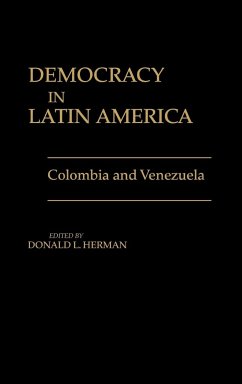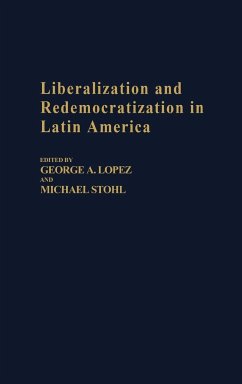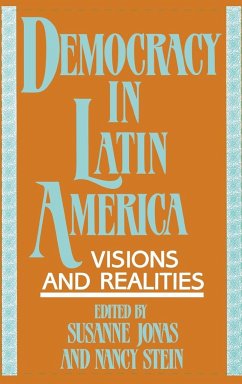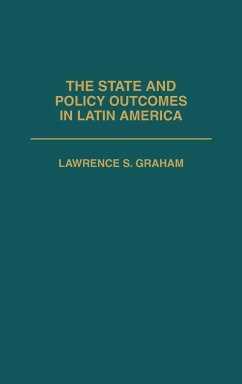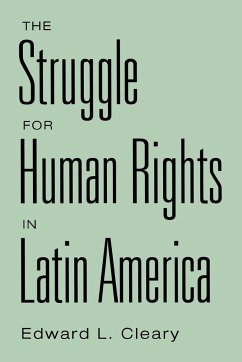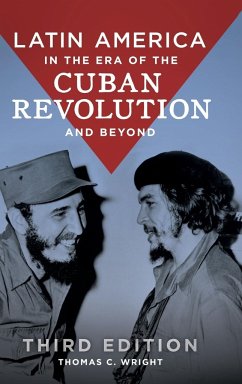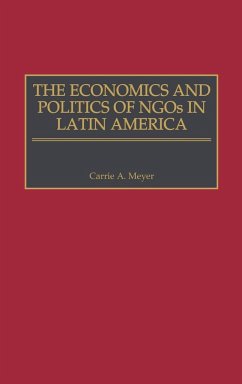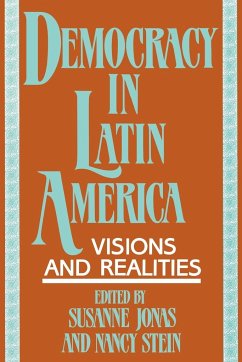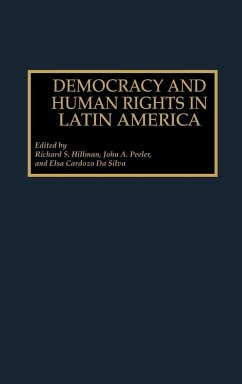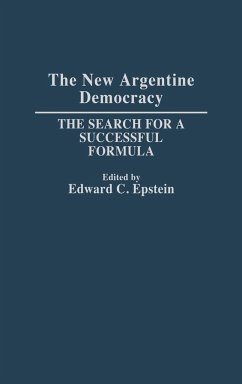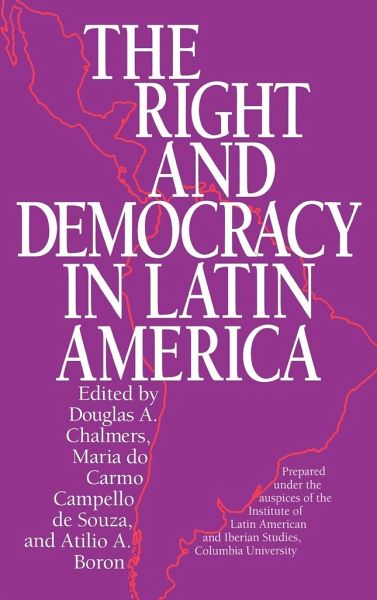
The Right and Democracy in Latin America
Versandkostenfrei!
Versandfertig in 1-2 Wochen
88,99 €
inkl. MwSt.

PAYBACK Punkte
44 °P sammeln!
Latin America underwent remarkable change in the 1980s as country after country cast off authoritarian regimes and instituted democratic policies and practices. Since then, the Left has weakened, and many of the groups commonly labeled the Right--including traditional groups linked with the Church, the military, and the economically privileged, as well as new groups of neo-liberal intellectuals and businessmen--have moved to a new form of active electoral politics. The future of democracy in the region will depend heavily on how these groups act. This book of up-to-date studies by a group of r...
Latin America underwent remarkable change in the 1980s as country after country cast off authoritarian regimes and instituted democratic policies and practices. Since then, the Left has weakened, and many of the groups commonly labeled the Right--including traditional groups linked with the Church, the military, and the economically privileged, as well as new groups of neo-liberal intellectuals and businessmen--have moved to a new form of active electoral politics. The future of democracy in the region will depend heavily on how these groups act. This book of up-to-date studies by a group of research scholars from Latin America and the United States examine the factors essential to an understanding of the Right's goals, organizations, and commitment to democracy. The book is divided into four distinctive sections, the first of which deals with the general characteristics of the Right. The following three sections explore in-depth the political strategies and organizations of the Right in elections and governing coalitions, the conservative trends that are changing the Church, and the fate of neo-liberal ideas among businessmen traditionally dependent on the State. Several chapters are devoted to the distinctive dynamics in Argentina, Brazil, Mexico, and Peru. Taken together, the essays in this book document the profound changes of the Right. But it also shows that the impact of the Right on democracy--whether it will improve it or weaken it--is not yet clear. The Right is increasingly involved in democratic institutions, but political parties are still weak and authoritarian temptations still strong. In this time of economic crises, business organizations have remained fragile. Conservative social policies have created terrifying social problems. Offering a unique analysis of the contemporary Right, this work is an essential tool in understanding the fate of democracy in post-Cold War Latin America.



